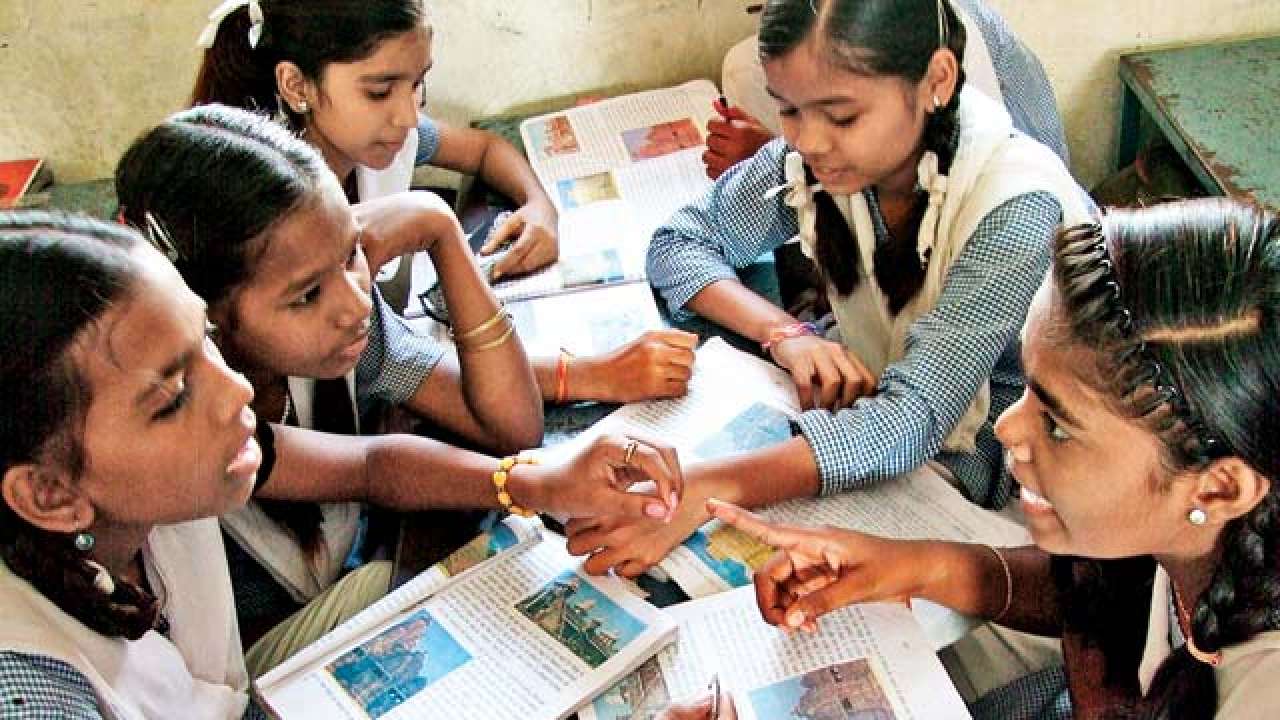The Delhi Government is working and looking into the matter deeply to land on a solution for implementation of ‘no detention policy’, whereby no child could be failed by the school till class VIII.
“I have asked my officers to prepare a plan whereby students can be held back in classes III, V and VIII. Studies show us that students should have developed language skills — reading and writing — by Class III. By Class V, a child should have basic literacy of numbers and should be able to do simple mathematics. By Class VIII, understanding of basic concepts that will be in use in higher classes should be there along with basic behavioral skills. All of these are crucial,” Sisodia told The Indian Express.
Once a child has passed Class III, he cannot be failed in Class IV. Similarly, after passing Class V, no one will be held back in Classes VI and VII.
Sisodia also said the Delhi government is working on bringing back the no-detention policy in 5-7 years.“It is a shame that a policy such as no detention could not work in our country. While I was the first person to write to the HRD minister, saying that no detention was not working, I also know that the policy is good. What has been missing is the change in teaching methodology, monitoring learning outcomes, and regular assessment. We surely want to bring the policy back but need to prepare the ground for it,” he said.
According to officials, there are two reasons for the dismal performance. “Under no detention, even if a child cannot write her/his name, they will be promoted to Class IX automatically. Children were not equipped to handle these exams. The second reason was the CBSE’s decision in 2013 to change the assessment format in the Continuous and Comprehensive Evaluation scheme. Under this, children had to score at least 25% marks in their mid-term assessments in school. As soon as the new format kicked in, students started finding it difficult to cope with the study material. This also pushed up the failure rate,” said a senior education department official.
According to Sisodia, ground work has to be first laid down for teacher training and reforms in the evaluation technique. “Our evaluation and learning process depends on rote learning… This needs to be changed… We have started to do a little more of this by starting the happiness curriculum and the entrepreneurship curriculum… Most developed countries follow the no detention model in some form of the other, but they have better evaluation systems in place.”


Your blog is so good and informative for every one.